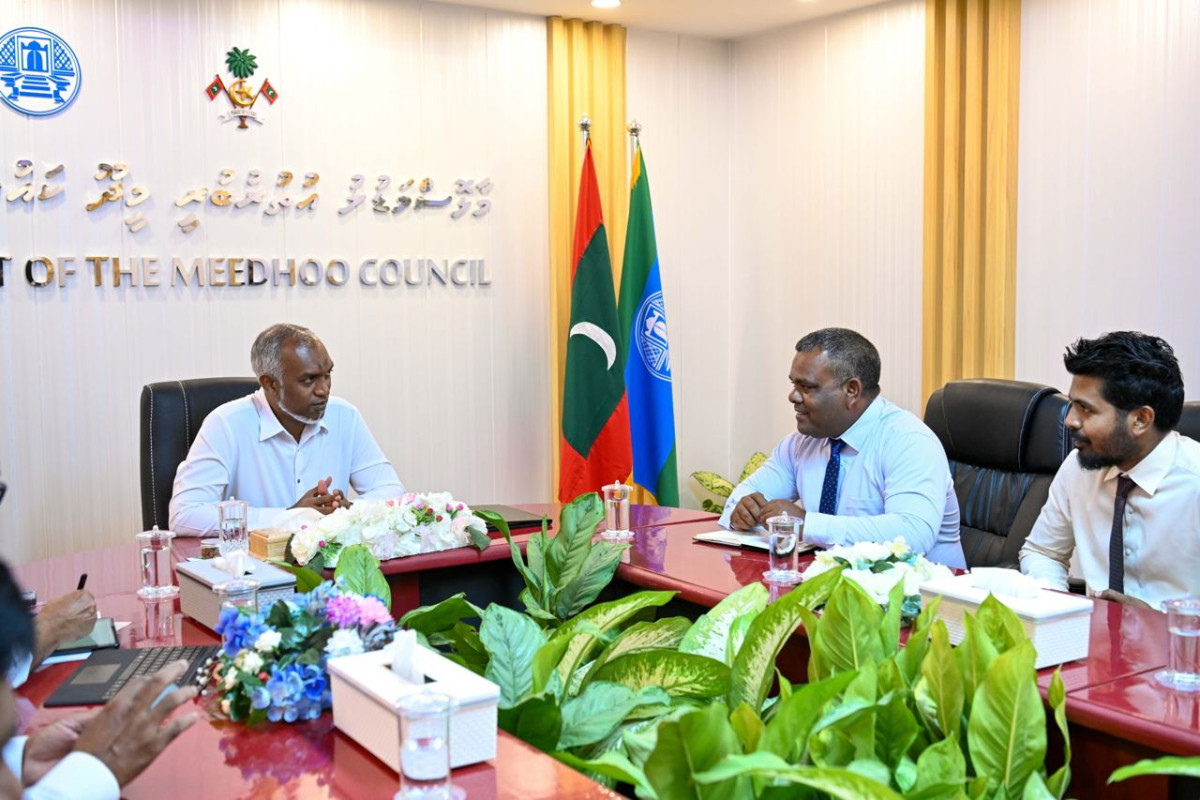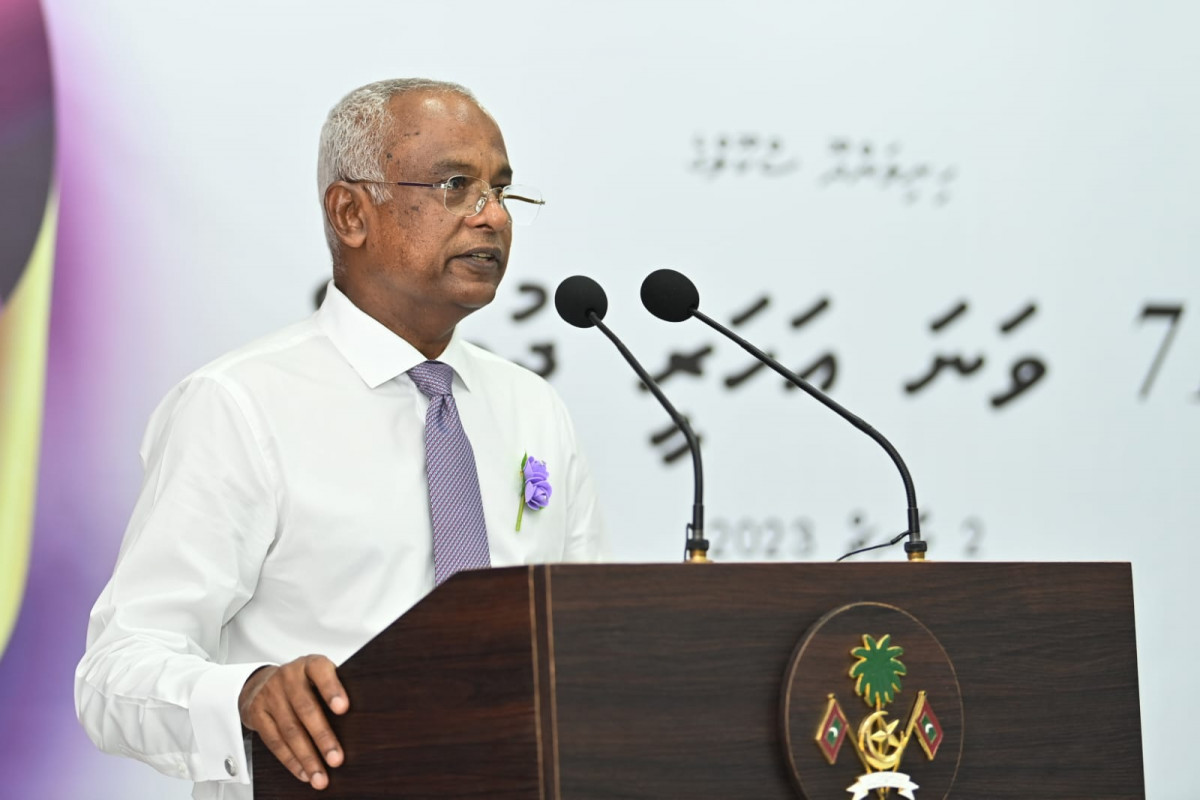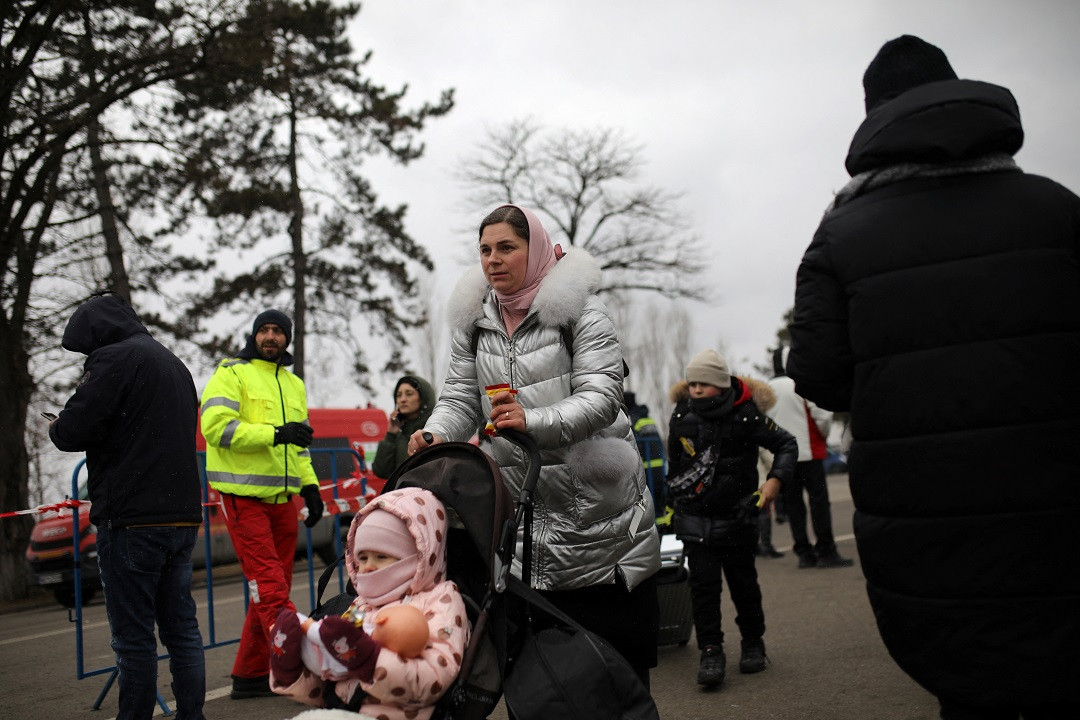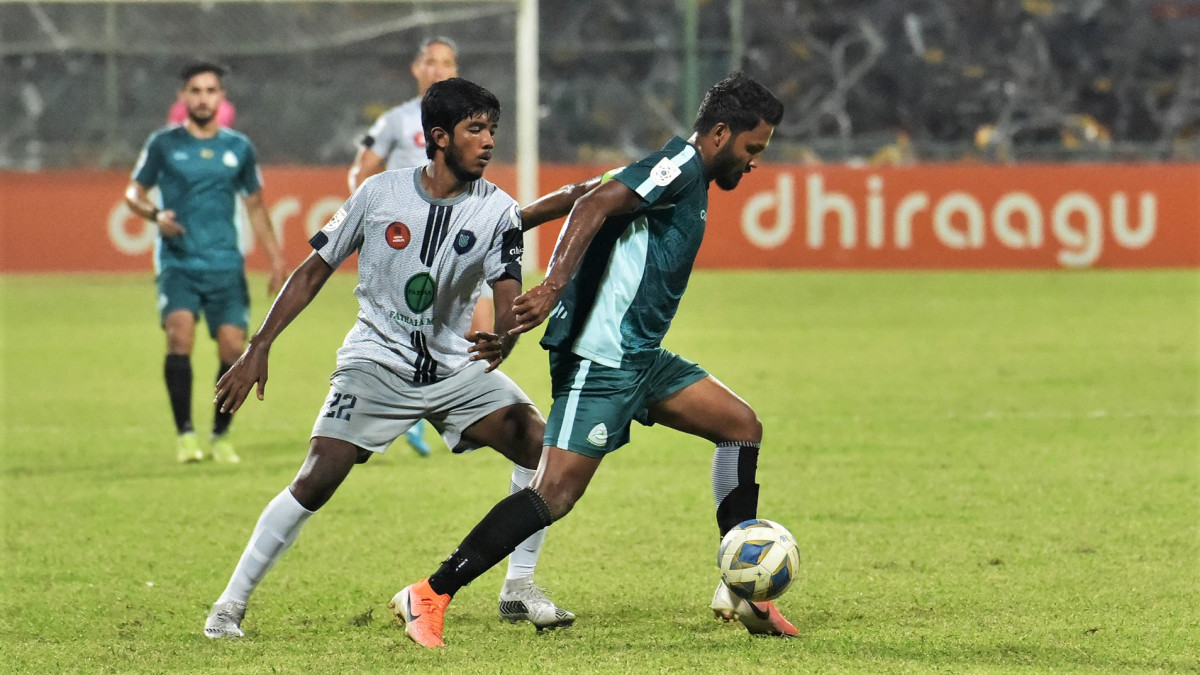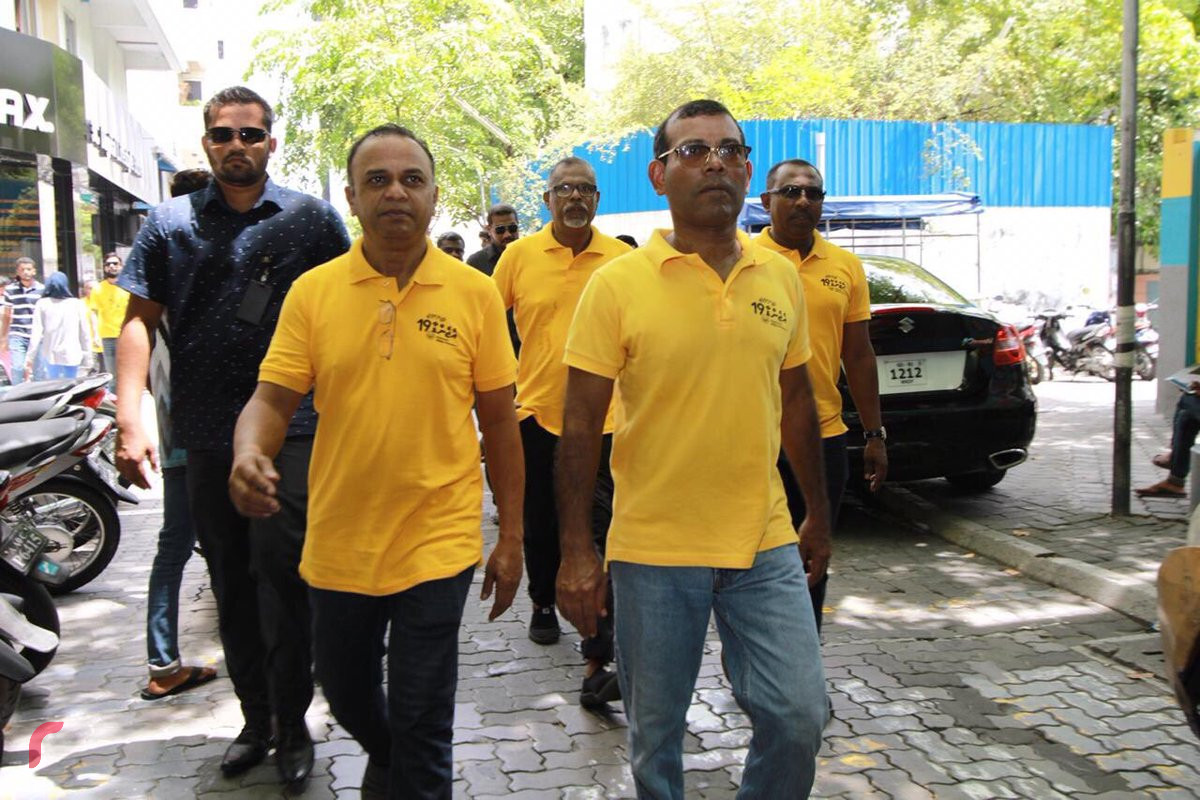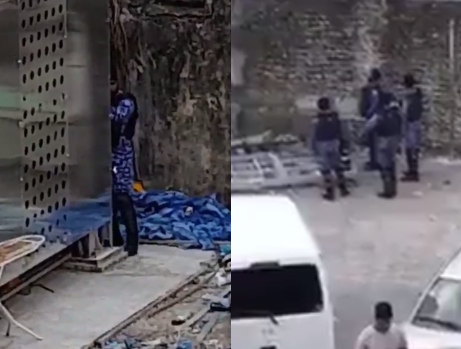Supreme Court hearing slated for September 29 in V. Aarah corruption case involving Yameen
Yameen was convicted on 25 December 2022, on charges of money laundering and accepting bribes linked to the leasing of V. Aarah

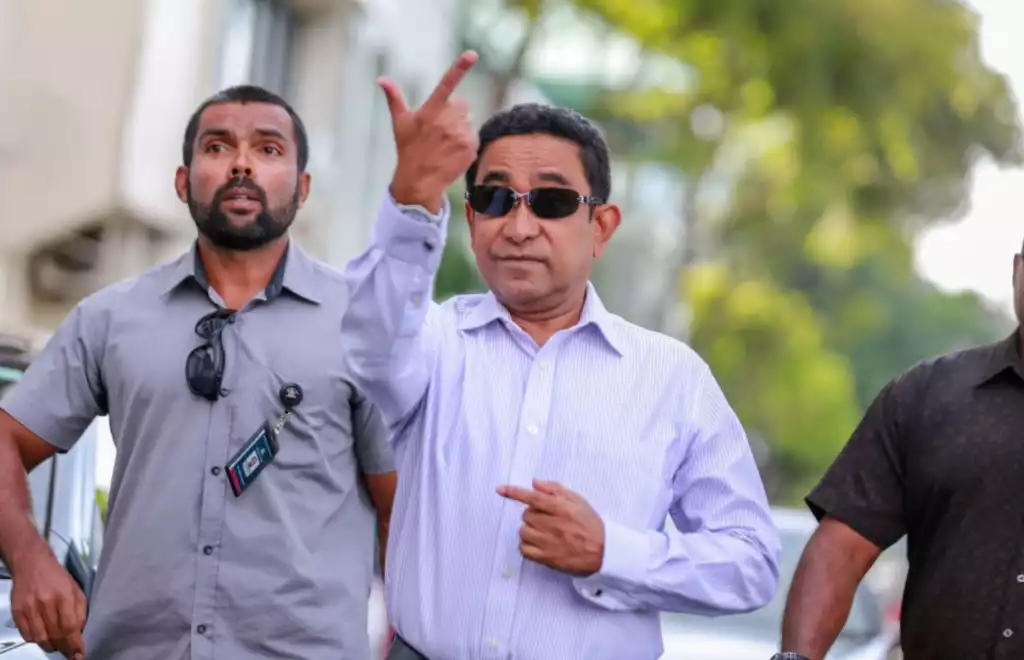
Former President Abdulla Yameen Abdul Gayoom acknowledges supporters on a day he was summoned for police questioning.
The Supreme Court has scheduled a hearing for 29 September 2025, at 11:30am to decide whether new evidence submitted by the state can be admitted in the retrial of the V. Aarah corruption case against former President Abdulla Yameen Abdul Gayoom. This follows the High Court’s decision to overturn Yameen’s earlier conviction and sentence of 11 years in prison.
The hearing comes in the wake of significant changes to the Supreme Court bench. Notably, Dr. Azmiralda Zahir, who was previously part of the panel hearing the case, has been dismissed from her post over alleged ethical misconduct. Her seat has now been filled by Justice Abdulla Hameed. The bench currently includes Justices Aisha Shujoon Mohamed, Dr. Mohamed Ibrahim, and Abdulla Hameed, forming the three-judge panel presiding over Yameen’s case.
Yameen was convicted on 25 December 2022, on charges of money laundering and accepting bribes linked to the leasing of V. Aarah. He was sentenced to seven years in prison and fined USD five million for the money laundering charge, and received an additional four years for the bribery conviction. However, the High Court overturned this ruling on 18 April 2024, ordering a retrial.
During the retrial proceedings at the High Court, the bench, comprising Judges Huzaifa Mohamed, Hassan Shafeeu, and Mohamed Saleem, ruled that new evidence submitted by the state could not be admitted. Judge Saleem has since been elevated to the Supreme Court, raising concerns about judicial consistency and impartiality in ongoing proceedings.
In addition to Yameen’s case, the Supreme Court has also scheduled a hearing on the same day for Yoosuf Naeem, the former MP for Felidhoo constituency, who was charged with offering bribes in the same corruption scandal. Naeem was originally convicted and sentenced to three years, two months, and 12 days in prison by the Criminal Court on 25 December 2022. However, his conviction was also overturned by the High Court on 18 April 2024, which ordered a retrial.
The scheduling of these hearings at a time of reshuffled judicial appointments, along with the state’s renewed attempt to introduce evidence previously deemed inadmissible, has raised serious questions about the politicization of the judiciary and the credibility of the retrial process. The developments in this high-profile case continue to draw close scrutiny amid broader concerns over judicial independence and accountability in the Maldives.

